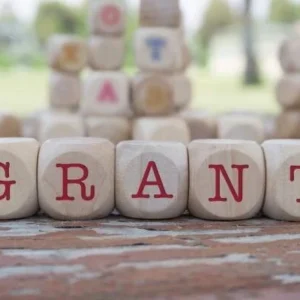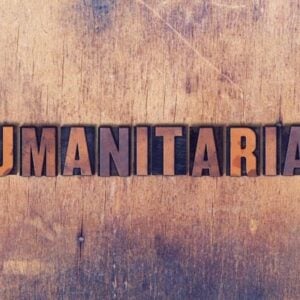Afghanistan is facing a “perfect storm” of overlapping crises, according to the UN’s outgoing envoy, Roza Otunbayeva, who addressed the Security Council on Wednesday. While armed conflict has declined since the Taliban takeover in 2021, the humanitarian, economic, and human rights situations have deteriorated sharply. Otunbayeva warned that decisions driven by ideology rather than pragmatism may prevent sustainable solutions, putting the country at risk of long-term setbacks.
Central to the crisis are sweeping Taliban restrictions on women and girls. Schools for girls above grade six have been closed for four years, costing the economy an estimated $1.4 billion annually, according to the World Bank. A UN Women survey shows that most Afghans oppose these bans. Otunbayeva stressed that a whole generation is at risk of being lost, with severe long-term consequences for the country’s development. Afghan women’s rights advocate Hanifa Girowal described the policies as “gender apartheid,” emphasizing that the systematic exclusion of half the population constitutes deliberate confinement, exclusion, and subjugation rather than mere denial of education.
Humanitarian aid is also under severe strain. Since 2021, the UN has provided nearly $13 billion in assistance, but funding has been cut by almost 50 percent this year, partly due to Afghanistan’s anti-women policies. Bans on women working for NGOs and the UN have hindered relief efforts, including post-earthquake assistance. Girowal urged the Security Council to adopt a resolution ensuring unconditional humanitarian aid and to establish independent monitoring to track diversion and ensure accountability.
Afghanistan’s economy is similarly fragile, with growth lagging behind population increases and 75 percent of the population living at subsistence level. Climate change and a new drought are further compounding hardships, especially for subsistence farmers. The ban on poppy cultivation has reduced opium production but devastated farmers who relied on it for income. Additionally, over two million Afghans returning from Iran and Pakistan have stripped the economy of $1 billion in remittances and put further pressure on local services.
Some progress has been noted since 2021, including relative stability, a general amnesty for former opponents, and steps to curb torture and allow UN human rights access to prisons. However, further improvements depend on meaningful engagement with the Taliban through the UN-led Doha process. Otunbayeva emphasized that most Afghans support continued international engagement despite obstacles.
Girowal called for clear benchmarks for engagement with the Taliban, including reopening schools and universities for girls, restoring women’s right to work, and ensuring full UN monitoring access. She also urged countries to halt forced deportations, noting that over two million Afghans returned from Iran and Pakistan in 2025 alone, often facing persecution or killings. “We are running out of time,” she warned, stressing that the situation is worsening but that international action can still make a difference.







